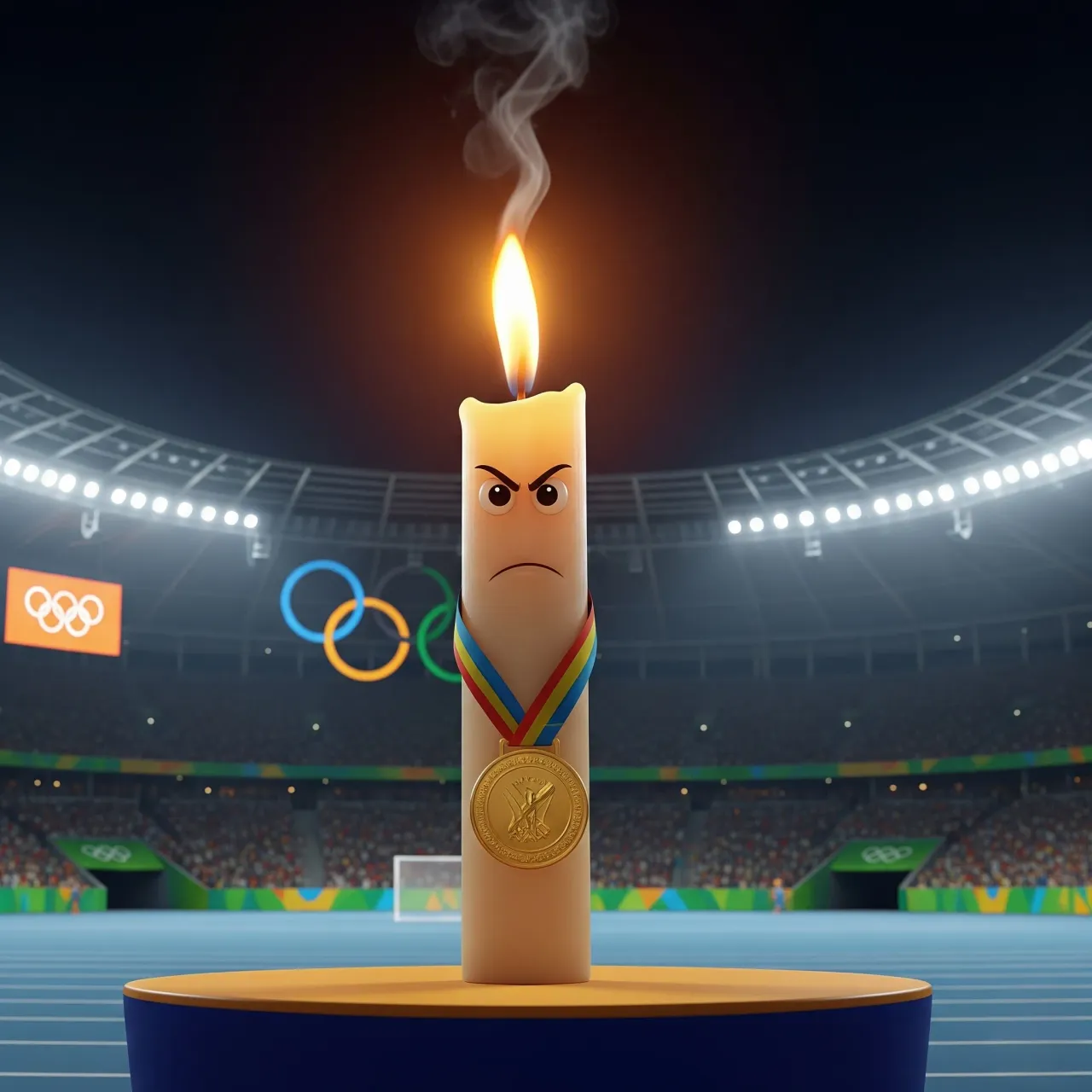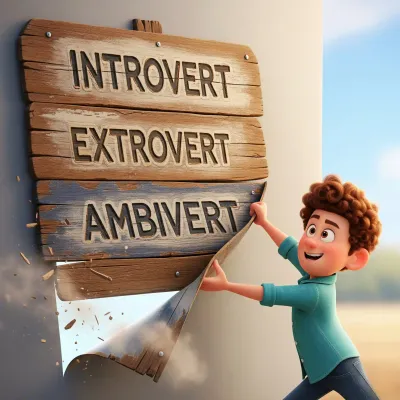The Burnout Olympics: Who’s winning the exhaustion game?
Explore the cultural and psychological roots of burnout, challenging the glorification of exhaustion and offering Adlerian insights to help break free from the exhausting race to overwork and reclaim well-being.

The Burnout Olympics: Who’s winning the exhaustion game?
Welcome to the Burnout Olympics — where the gold medal goes to whoever can juggle the most deadlines, say “yes” the fastest, and ignore their own needs the longest. Sound familiar? You’re not alone. In fact, if burnout were a competitive sport, most of us would be elite athletes by now.
But hold the race up for a moment and ask yourself this question: why on earth are we so fixated on wearing ourselves out to the point of collapse? Why do we pride ourselves on exhaustion?
Burnout isn’t exhaustion. Burnout is a crash of the body and mind. It’s when your brain is scrambled eggs and your body feels like dead weight. In the short term, it appears as irritability, fogginess, and that divine 3 p.m. crash no amount of coffee can repair. Long term? Anxiety, depression, chronic fatigue, and even illness. Your immune system crashes. Your sleep is awful. Your relationships are ruined. And the worst of it—you no longer recognize yourself.
So what’s triggering all this craziness?
It’s partly cultural. We’re a culture that values hustle and rewards productivity with worth. If you’re not busy, then you’re a slacker. If you’re not under pressure, then you’re not working hard enough. It’s a poisonous myth that connects self-care with selfishness and relaxation with weakness.
But there’s more at play here as well. And that’s where Adlerian Psychology shines a light.
Alfred Adler, the originator of Individual Psychology, was convinced that human action is goal-oriented. We’re not just responding to life—we’re headed somewhere. In a lot of cases, that “somewhere” is a feeling of importance. We need to be recognized. We need to be included. And at times we pursue that feeling by working too hard, overdoing it, and overextending ourselves.
Adler also spoke of “lifestyle”—not the ‘gram variety, but as the personal template of habits and assumptions we form as children. If you were instructed early on that love is earned through achievement, or that toughness is expressed by never asking for help, burnout can be your default setting. You’re not broken. You’re simply performing a script you no longer need.
And the clincher: Adler homed in on “social interest”—the notion that true mental health is the byproduct of feeling that we fit in, and are making contributions to others. Burnout alienates us. It makes us feel like we’re failing when in reality we’re doing too much. It’s the opposite of social interest. It’s survival mode.
So how do we rewrite the script?
First, we must acknowledge that burnout is not a personal failure—it’s a systemic problem with personal impact. Second, we begin to make small, provoking decisions. In saying “no” without shame. In resting without apology. In asking for assistance without shame.
We must also look at our personal logic—that internal web of belief that instructs us as to what’s “right.” Is it instructing you to believe that resting is laziness? That you must earn love by sacrificing? That you are worth something in terms of production? Rewrite it. Realign it, just as Adlerian therapy instructs.
And perhaps most importantly, we need to cease to compete in the Burnout Olympics. We need to cease to measure our value against what we can endure. Because recovery is not a competition. It’s returning—to yourself, to your needs, to your humanity.
If you’re carrying the weight of burnout and wondering whether this is more than just a horrible week, take a look at the free Burnout Self-Assessment on our website. It’s a gentle way of cracking open the door—with yourself.
You don’t have to be the master of fatigue. You just have to let go of playing.
Related Posts

Introvert, Extrovert, Ambivert — Labels that may be limiting your mental growth
Here's the catch, all labels feel like a shortcut to knowing yourself, but sometimes they're the quickest path to self-imposed limitation.

Your Second Brain: What your gut knows before you do
Scientists are learning how closely our digestive system is linked to our emotions and choices as their understanding of the gut's impact on our mind expands.

Mental health without borders: Why expats need more than therapy apps
while therapy apps offer accessibility and convenience, they often fall short in addressing the nuanced emotional realities of expats and migrants.
